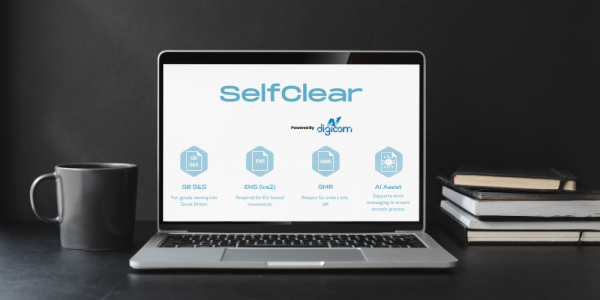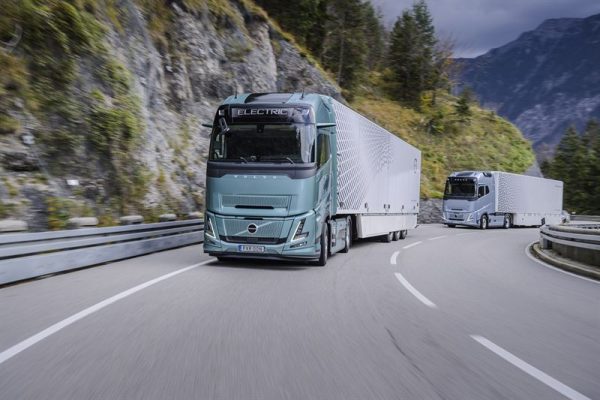Fuel prices remain volatile, and regulatory requirements are increasingly difficult to interpret, reflecting the broader challenges faced by today’s fleet managers across the UK transport industry. Even minor errors can cause missed deadlines and revenue loss, adding to the constant pressure of an industry in rapid transformation.
New emissions standards, persistent driver shortages, and rapid advances in technology have created ongoing operational pressures for fleet operators.
The shift toward greener fleets increases budget strain, while adopting new tracking systems demands both investment and staff training. These intertwined pressures define modern fleet management, influencing issues such as cost control, electrification, supplier selection, and skills shortages.
Managing one issue often triggers new complications in another area, making strategic balance essential.
The Rising Costs of Fleet Operations
Fuel price volatility continues to be one of the most urgent challenges for transport companies across the UK. Maintenance and repair expenses are also increasing, driven partly by growing vehicle technical requirements and ongoing supply chain pressures.
Insurance premiums present another financial hurdle for Haulage Bedford operators and nationwide transport firms. Fleet insurance premiums have surged, driven by rising repair costs, complex vehicle technologies, and increasing claims inflation. Vehicle downtime costs often exceed insurance increases.
High driver turnover and recruitment expenses further strain finances for operators of every size. Ongoing parts shortages now force many operators to extend vehicle lifecycles beyond optimal limits.
Driver Shortages and Retention Struggles
Factors such as an ageing workforce, challenges in attracting new talent, and changes in immigration policies have all contributed to ongoing recruitment difficulties within the logistics sector.
Smaller operators face greater recruitment challenges due to limited pay scales and fewer benefits compared to larger firms.
High driver turnover inflates recruitment and training costs, as each departure restarts the hiring cycle and adds operational strain.
Successful retention strategies focus on driver satisfaction through regular home time, better rest facilities, and reliable scheduling. Creating visible career paths and supporting ongoing training helps drivers see a future with the company.
Compliance and Regulatory Pressures
The regulatory environment for UK transport operations grows more detailed every year.
Compliance challenges include monitoring driver hours via tachographs, ensuring mandated rest periods, and maintaining strict vehicle inspection records.
Managing driver qualification files and vehicle records can overwhelm transport offices lacking efficient digital systems. Keeping up with changing regulations requires constant vigilance and training.
Environmental Compliance Specifically
London’s Ultra Low Emission Zone requires HGVs to meet strict emissions standards or pay daily charges, aligning with the broader shift toward zero-emission trucking initiatives shaping urban transport policies across the UK. Similar restrictions in Birmingham and Manchester create additional compliance challenges.
Large fleet operators must meet customer demands for emissions transparency. Many now use digital systems to measure and report fleet CO2 output. These tools support client carbon accounting and help meet UK net zero targets.
Alternative fuels gain traction, but inadequate infrastructure continues to slow adoption. Electric vehicles suit shorter routes, but inadequate charging infrastructure limits long-haul operations. Adoption across UK fleets remains modest, and managers anticipate that mandatory emissions reporting will only gradually cut overall carbon output.
Technology Integration and Data Management
Introducing fleet management technology often creates resource challenges. New telematics systems can show mismatches between maintenance records, tracking software, and compliance logs.
Without a unified dashboard, fragmented operational data increases review times and error risks, making fleet telematics integration a key factor in achieving seamless data management across systems.
Modern vehicles produce much more data each year. As fleets adopt connected technology, cybersecurity concerns have increased. Risks range from data breaches affecting location tracking to remote vehicle tampering.
Supply Chain Disruptions and Delivery Expectations
Fleet managers increasingly rely on supply chain resilience and real-time tracking to maintain service levels.
Pallet network models reduce the need for numerous HGVs on roads daily. These networks enable agile rerouting during supply chain disruptions, helping operators maintain service consistency.
Many operators now use scenario planning and quarterly logistics simulations to strengthen resilience, rehearse alternative routing, and refine customer communication during disruptions.
Digital ETA tracking shared with customers helps broadcast schedule changes immediately. Ongoing coordination between logistics teams and customers keeps all parties informed throughout disruptions.
Fleet Operations Cost Analysis
Fuel is often the largest single expense, followed by insurance and maintenance costs.
Leading UK haulage firms show that digital fleet tracking, preventative maintenance, and annual insurance reviews help control major cost drivers. Reviewing each expense category lets managers spot patterns and address unnecessary spending quickly.
Effective Driver Retention Strategies
Regular home time remains central to driver satisfaction, allowing work-life balance. Competitive pay ensures drivers aren’t tempted by other firms.
Career development opportunities, quality rest facilities, and recognition programmes boost driver wellbeing and retention. Open communication and continuous training strengthen engagement and regulatory compliance.
Review home-time policies, benchmark pay levels, maintain vehicles proactively, enhance recognition efforts, and define transparent career paths.
Fleet management today demands more than operational skill, it requires resilience, foresight, and adaptability. From rising costs and driver shortages to complex regulations and data-driven operations, success lies in balancing innovation with stability. Those who invest in technology, training, and transparent communication will not only withstand current pressures but also lead the transport industry into a smarter, more sustainable future.



